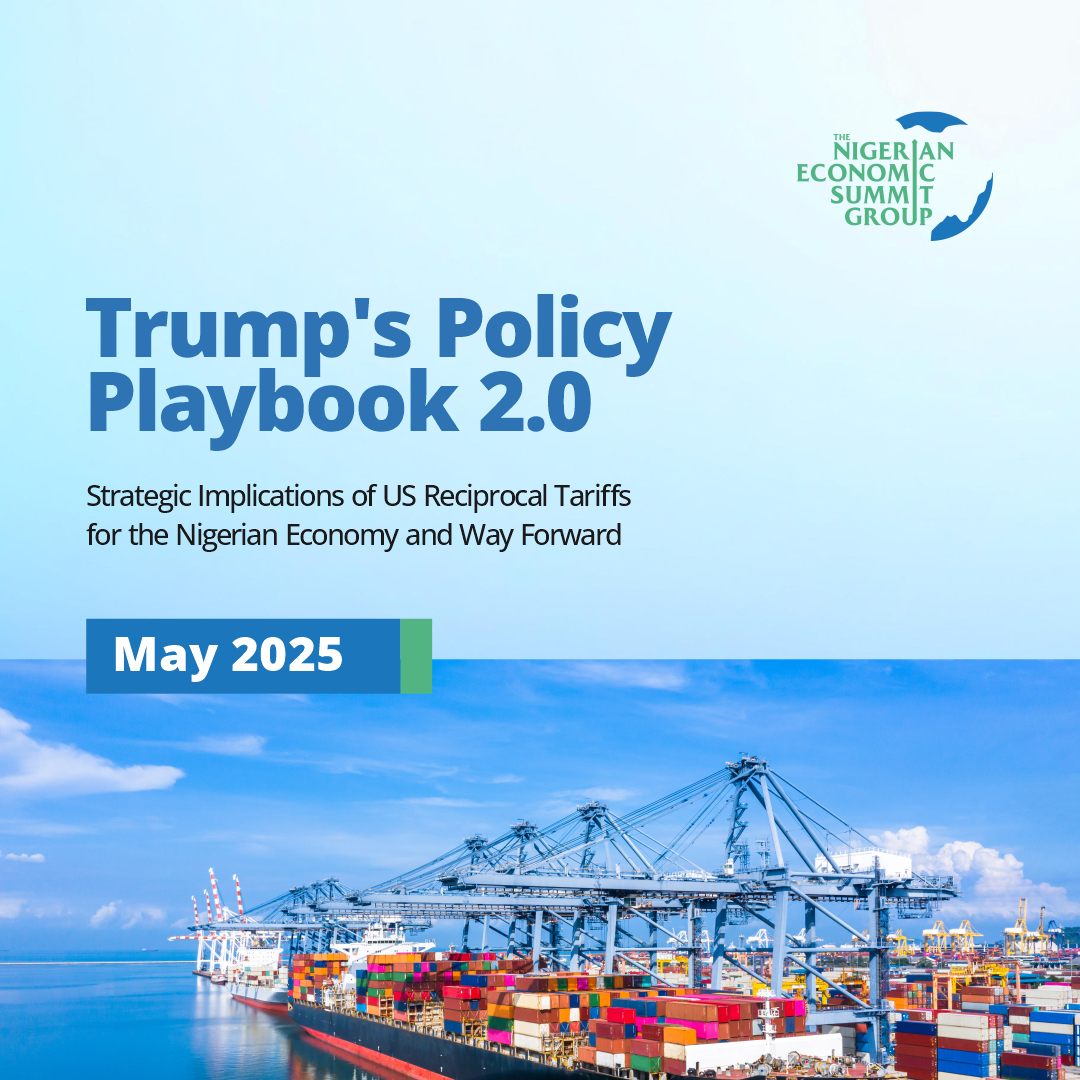Posted Tue, May 6, 2025 7:33 AM
Download Report (34 downloads)
The emergence of Donald Trump as the 45th President of the United States (US) marked a radical shift in American foreign policy. Anchored in the "America First" ideology, Trump's administration moved from traditional multilateral diplomacy to a more nationalist, transactional, and interest-driven approach. This repositioning affected longstanding US commitments across the globe, including those in Africa and Nigeria.
The first week of Trump's second term marked an aggressive tariff strategy aimed at shielding domestic industries and reducing reliance on foreign competitors. His administration implemented the largest import tax hikes in decades, imposing a 25 percent tariff on most goods from Canada and Mexico (with a 10 percent tariff on Canadian energy) and raising tariffs on Chinese imports by 10 percent.
Similarly, on April 2, 2025, President Donald Trump followed through on his tariff threats by announcing a 10 percent baseline tax on all imports into the United States, alongside higher tariff rates on countries running trade surpluses with the US. The elevated tariffs form part of a new policy approach he termed “reciprocal tariffs”. Under this framework, tariff rates are calculated based on the size of each country's bilateral trade surplus with the US, aiming to eliminate trade imbalances mathematically.
However, this formula-based approach has sparked intense debates worldwide among economists, scholars, and policy analysts. Critics argue that the policy is a mathematical gimmick that fails to reflect the complexities of global trade and is unlikely to produce balanced outcomes. In Nigeria's case, the US announced a 14 percent tariff, reflecting Nigeria's trade surplus with the US and its existing import duties on American goods, which the US estimated to be 27 percent.
Historically, the US's tariff on Nigeria's exports has been very low compared with the reverse case. According to the World Bank's World Integrated Trade Solution (WITS) data, Nigeria's simple average tariff rate on US exports was over 20 percent before the US government introduced the African Growth and Opportunity Act (AGOA) policy in 2000. It hit a record high of 26.9 percent in 2002.
Conversely, the US's simple average tariff rate on Nigeria's exports has been significantly low at less than 5 percent. It has consistently fallen since the inception of the AGOA policy, reaching an all-time low of 0.4 percent in 2021. In contrast, Nigeria's tariff on US exports was higher at 11.9 percent in the same year. This supports the US President's claims that the US bilateral trade has been disproportionately affected by a significant disparity in the bilateral tariff structure with the country's trading partners, thereby justifying the recent sweeping tariffs.
